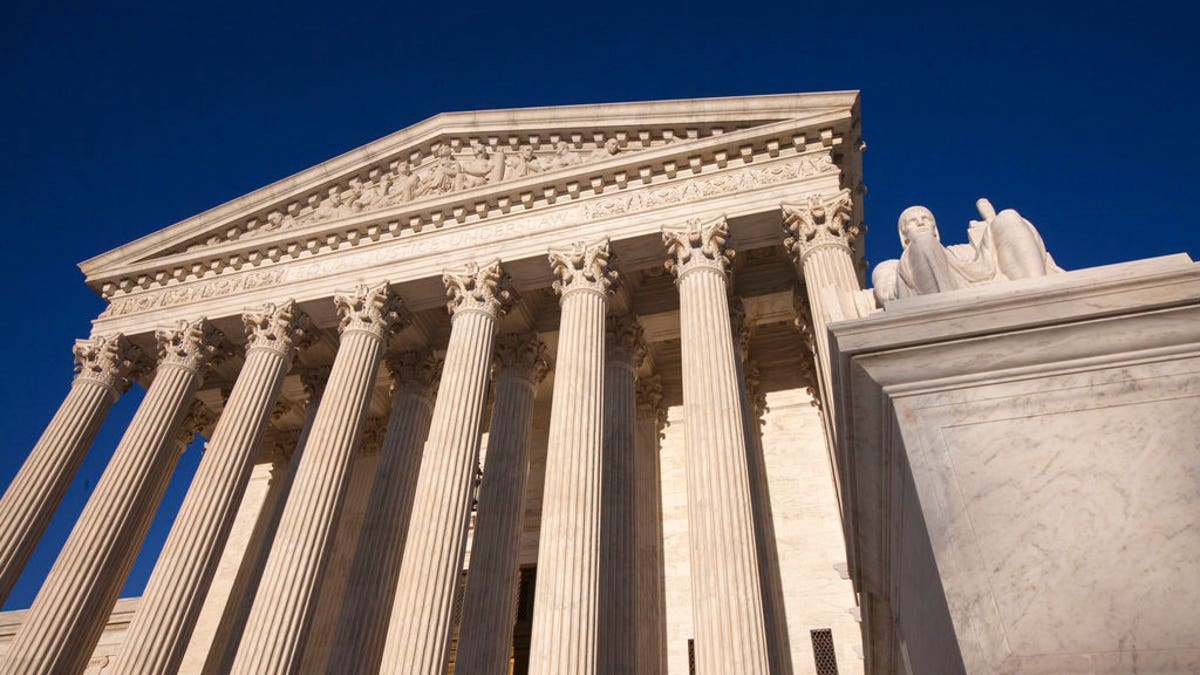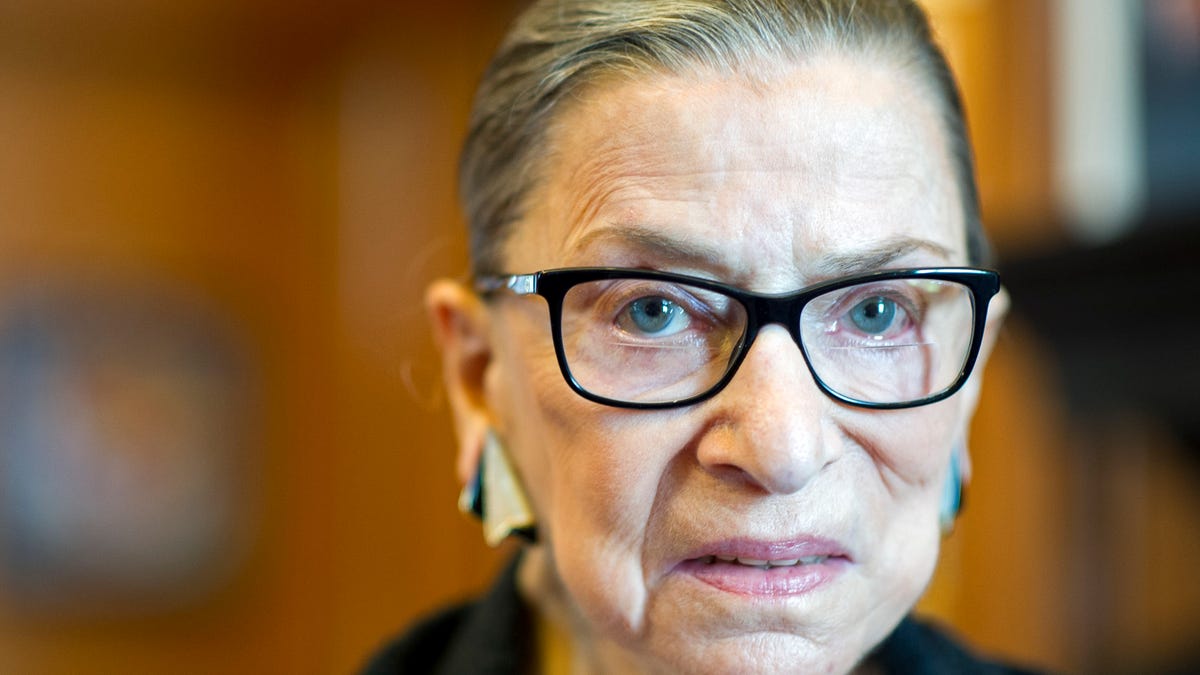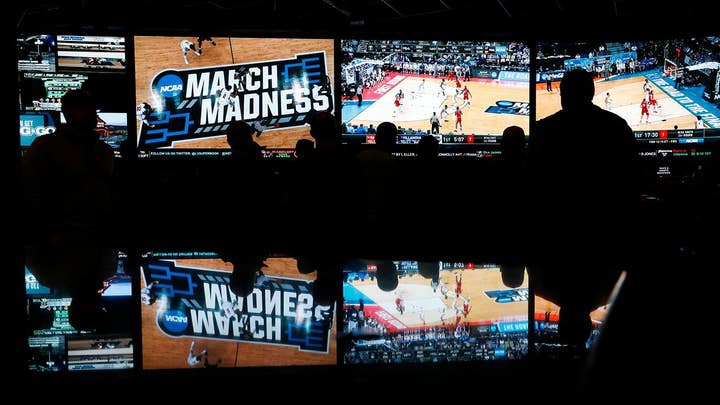
Oral arguments will be held this week at the Supreme Court on President Trump's so-called travel ban. (AP)
The Supreme Court on Monday ruled that an attorney for a criminal defendant cannot go against his client's wish to maintain his innocence in court, even when the lawyer tries to avoid a death sentence.
The justices voted 6-3 in favor of Louisiana death row inmate Robert McCoy, who disagreed with his lawyer's acknowledgment that he murdered his estranged wife’s son, mother and step-father in 2008.
Larry English, the lawyer, claimed the evidence of McCoy's guilt was overwhelming. He said he was trying to limit his client’s sentencing to life in prison and pleaded on his behalf. Despite the lawyer's efforts, the jurors still sentenced McCoy to death.
The issue of a lawyer conceding guilt on behalf of a client, while the accused person remains committed to his innocence, occasionally arises in capital cases. In such situations, jurors have to decide separately whether the accused person is guilty and come up with a sentence.
Louisiana's Supreme Court had been the highest state court to let a lawyer concede guilt in the face of a client's objections.

Justice Ruth Bader Ginsburg issued the opinion of the court, saying McCoy must be tried again. (AP)
Justice Ruth Bader Ginsburg issued the opinion of the court, saying McCoy must be tried again.
“The Sixth Amendment guarantees a defendant the right to choose the objective of his defense and to insist that his counsel refrain from admitting guilt, even when counsel’s experienced-based view is that confessing guilt offers the defendant the best chance to avoid the death penalty,” Ginsburg wrote.
Justice Samuel Alito wrote a dissenting opinion, which Justices Clarence Thomas and Neil Gorsuch joined, saying that while McCoy's lawyer admitted his client was guilty of murdering the people, he didn't admit the client's guilt of first-degree murder.
“English strenuously argued that petitioner was not guilty of first-degree murder because he lacked the intent required for the offense,” Alito wrote. “So the Court’s newly discovered fundamental right simply does not apply to the real facts of this case.”
He added that the evidence implicated McCoy in the killings. "If petitioner is retried, it will be interesting to see what petitioner's current counsel...will do," Alito said.
Among the evidence was a gun found in McCoy's vehicle at the time of his arrest, which was linked to cartridge casings found at the scene of the killings in Louisiana.
McCoy said in his testimony that he was innocent and that a drug trafficking ring led by law enforcement officers framed him for the murders.
His lawyer argued that McCoy was in a fragile mental condition and he lacked intent to kill, a requirement for a jury to sentence a person to death.
The Associated Press contributed to this report.





















